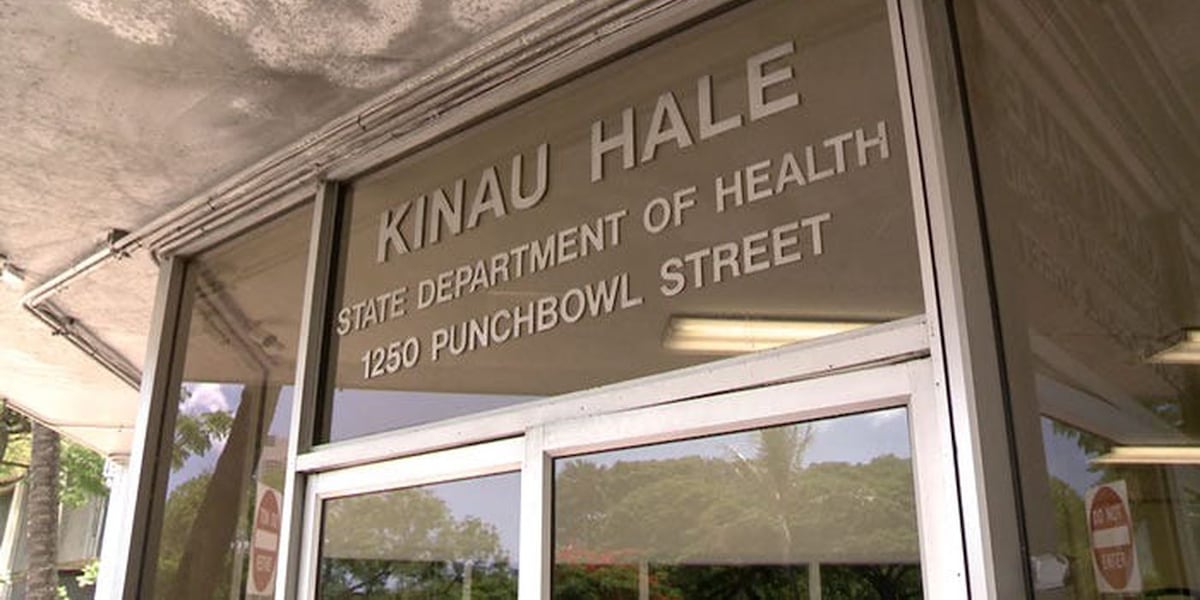North Korean Health Minister Makes Rare Trip to Switzerland for WHO Assembly

Geneva, Switzerland - In a surprising development, North Korea's Minister of Public Health, Jong Mu-rim, has departed for Switzerland to participate in the upcoming World Health Organization (WHO) assembly. This marks a rare instance of high-level North Korean representation at an international forum, drawing significant attention from observers worldwide.
According to reports from North Korea's state media on Sunday, Minister Jong Mu-rim will lead a delegation to the assembly, which is expected to focus on critical global health issues. The precise agenda items and North Korea's anticipated contributions remain unclear, but the mere presence of a North Korean representative is noteworthy, considering the country's historically limited engagement with international organizations.
Why This Trip Matters
North Korea's participation in the WHO assembly comes at a particularly sensitive time. The nation has been grappling with severe health challenges, exacerbated by international sanctions, natural disasters, and a recent COVID-19 outbreak. While North Korea has maintained a strict 'zero-COVID' policy, the virus has reportedly spread, straining the country's already fragile healthcare system.
This trip could offer a potential avenue for North Korea to seek international assistance and engage in dialogue regarding its healthcare needs. Analysts speculate that Jong Mu-rim might leverage the platform to highlight the challenges faced by the North Korean healthcare system and potentially request aid or technical support from the WHO and its member states. However, given the country's complex political landscape and strained relations with many nations, securing meaningful support could prove difficult.
Geopolitical Implications
The decision to send a high-ranking official to the WHO assembly also carries significant geopolitical implications. It could be interpreted as a tentative step towards greater engagement with the international community, albeit within a carefully controlled framework. However, it's crucial to note that North Korea's actions are often driven by strategic considerations, and the trip could be aimed at showcasing the country's adherence to international norms while simultaneously maintaining its sovereignty and autonomy.
The WHO assembly provides a unique opportunity for North Korea to engage with a broad range of countries and organizations, potentially facilitating dialogue on issues beyond healthcare. Whether this trip will lead to tangible improvements in North Korea's healthcare system or broader shifts in its foreign policy remains to be seen. The coming days and weeks will be closely watched by diplomats, analysts, and observers keen to understand the motivations and potential outcomes of this unexpected visit.
Further updates will be provided as more information becomes available.






